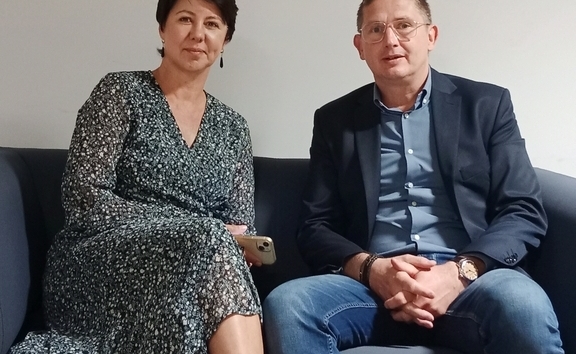A new model for schools – an innovative approach to change management
The project, which received funding, is to develop an EDI (Evaluation – Development – Implementation) model for effective change management in educational institutions. The model integrates the processes of evaluation, improvement and implementation, which will allow school principals and other entities responsible for education to plan long-term changes in the operation of schools.
The project is a response to the growing need to reform the Polish system of education, which must better respond to dynamic technological and social changes. Previous approaches to professional development of teachers and management in schools are often uncoordinated and do not bring lasting effects. The EDI model is to integrate key elements, such as ex-ante evaluation, improvement and implementation of changes, which will allow for more effective monitoring and implementation of new solutions in schools. Thanks to this project, educational institutions will be able to operate more flexibly, optimising costs and effectively adapting to the challenges of modern education.
The implementation of the project will be possible thanks to cooperation with the Centrum Rozwoju i Edukacji (CRiE) from Lodz, which has been working for many years to develop education and improve teachers' skills. The EDI model will allow for an accurate diagnosis of training needs and effective implementation of new solutions, which aim to improve the quality of education and the effectiveness of school management.
The implementation
The project will be implemented by the Centrum Rozwoju i Edukacji (CRiE) in cooperation with selected high schools in the region of Lodz, which will act as pilot schools. The EDI model, as an interactive tool, will collect and analyse data from students, principals, teachers and non-teaching staff, diagnosing training needs and predicting the effects of implementation. The tool will also indicate the time needed to pilot new skills and knowledge. Importantly, the EDI model may be used not only by individual institutions, but also by school governing bodies, as well as a systemic solution at the ministerial level. The project's innovativeness is based on the integration of best evaluation practices with the theory of organisational development, focused on real changes in the operation of educational institutions and improving the well-being of students.
The EDI model may revolutionise the current way of providing training services, placing schools in the role of active initiators of change, instead of passive recipients of ready-made training. Reporting improvement needs directly by schools will allow for the optimal use of resources and an actual change in their operation. The universality of the EDI model underlines its potential in the entire education sector, which can have a significant impact on the economic development of the country. For CRiE, the implementation of this model means a new paradigm of cooperation – as a partner responsible not only for the training process, but also for its effects, which will increase the involvement of school employees and allow for cost optimisation. EDI moves away from "mass" training, focusing on activities that bring real change in the work of school.

